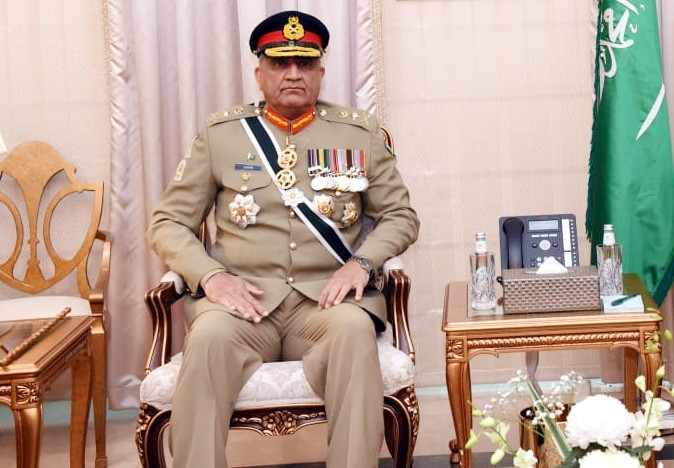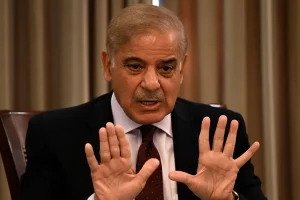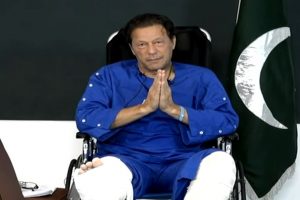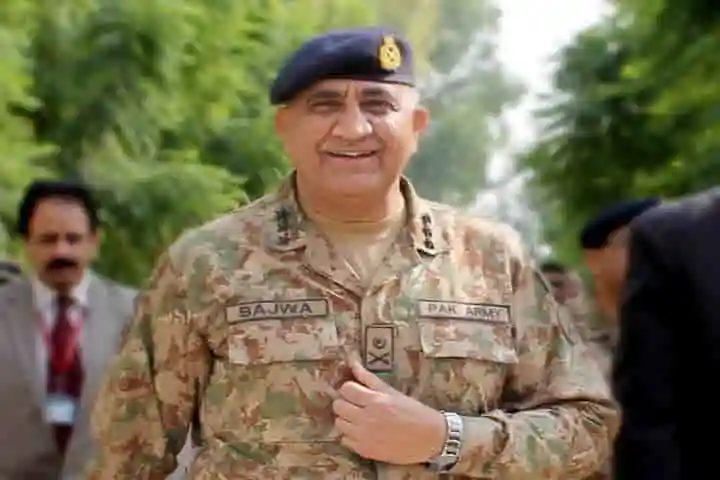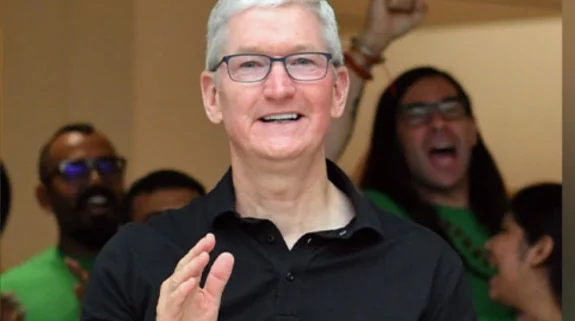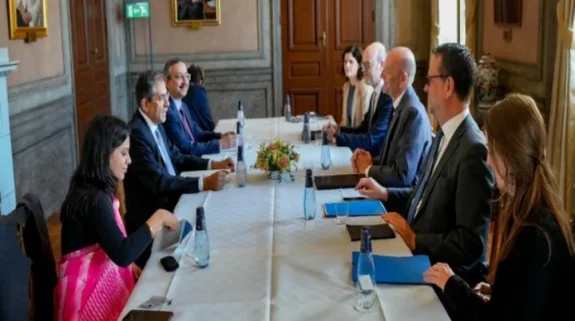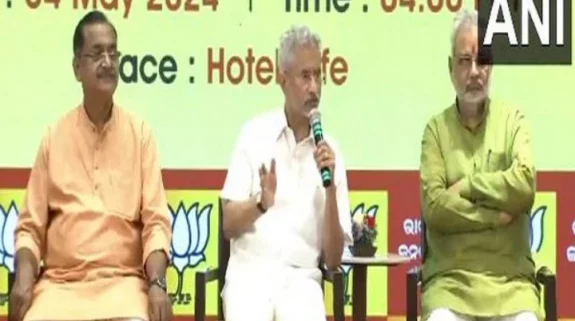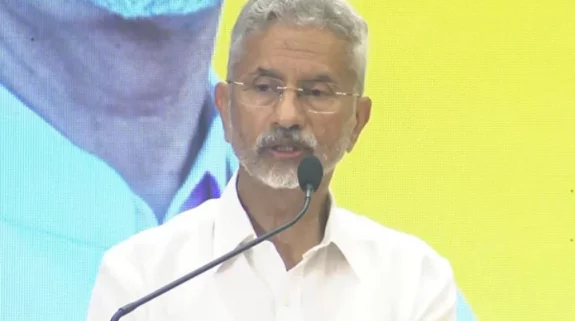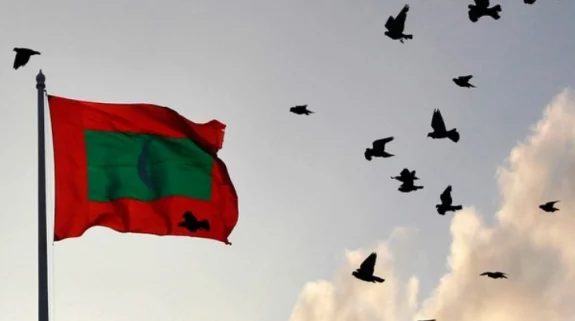The Biden administration has not only ‘endorsed’ the Pakistani army’s full control on the civil leadership popularly called a ‘hybrid regime’, it is also expected to inject heavy financial assistance to reinvigorate the country’s sagging economy. The process has already begun with the economic assistance from the International Monetary Fund (IMF).
America appears to have embarked upon a massive plan to reinforce its presence in this ‘client’ country. It had been serving its strategic interests for the past 75 years, though recently was seen drifting towards its new love, China. In a bid to wean away Pakistan to its side, the USA has indicated its tacit support to the Pakistani narrative regarding Kashmir. The recent tweets of the US ambassador to Pakistan, Donald Blome, re-confirm the new American approach.
The tweets of Blome, who had recently been on his three-day (October 2-4) visit to the Pakistan-Occupied Kashmir, have promptly received sharp response from India’s External Affairs Ministry. He had stated that he felt honoured to stay at “The Quaid-e-Azam Memorial Dak Bungalow. It symbolizes the cultural and historical richness of Pakistan and was famously visited by Jinnah in 1944 during my first trip to AJK (Azad Jammu and Kashmir).”
Bajwa’s Initiative
The credit for the new-found love of the Biden administration to Pakistan is being rightly attributed to the outgoing army chief of Pakistan, General Qamar Javed Bajwa. Before demitting the high-profile office in forthcoming November, Bajwa has successfully implemented his political doctrine seeded during the tenure of his predecessors, General Kayani and General Raheel Sharif. Instead of directly ruling the country through martial law, the military headquarters or GHQ at Rawalpindi, had decided to install a docile politician at Islamabad as a civilian authority. It is called the concept of ‘hybrid regime’.
According to the informed sources, the doctrine of installing a ‘hybrid regime’ was evolved following the resignation of the then army chief, Jehnagir Karamat in 1998. He had to resign following his suggestion that there is a need for setting up a ‘national security council’ comprising senior army officers and the civilian government for tackling security and strategic issues. General Karamat had made this suggestion before the Staff College, but the then Prime Minister, Nawaz Sharif disapproved his statement. Karamat had pleaded that it was only an academic discussion. In anguish, he decided to resign immediately. Karamat, according to insiders, dismissed the suggestion that he should take over the government, but he decided to accept civil supremacy.
During his tenure, Bajwa redefined the concept of a ‘hybrid government’ by penetrating the mainline political parties, Pakistan Muslim League-Noon (PML-N) of Nawaz Sharif, and Bhutto’s Pakistan People’s Party (PPP). Initially, it was decided to dismantle the organizational structure of the two parties by harassing its respective cadres and implicating its leadership in cooked up cases. However, the poor performance of the government of the army’s protégé, Imran Khan, and his party, Pakistan Tahreek-i-Insaf (PTI) forced the GHQ to re-establish its ties with the two parties.
Army’s Political Neutrality
There are few takers of Bajwa’s statements that army will honour the verdict of the elections and it has no intention to interfere in the country’s politics. However, an intense debate took place on October 12, 2022, that how on October 12 , 1999, the then army chief, General Pervez Musharraf, had toppled the civilian government headed by Nawaz Sharif. It was also discussed that American support to the country’s military rulers. Indirectly, Pakistani intellectuals are endorsing India’s Foreign Minister S. Jaishanker’s statement that the world’s most powerful democracy, America, had been supporting the military-ruled Pakistan at the cost of instead of a democratic country like India.
The US’s overt support to the army take over by General Muhammad Ayub Khan, in 1958, and this relationship continues to blossom even today. The Pakistanis even today remember the ’happy days’, when huge financial support accompanied by the state-of the art weapons had enabled Pakistan to assert itself as a power in the region. It is also being stated that during this period the people of East Pakistan did not get adequate investment, though the population of this region was 55 per cent of the country’s total population.
Ayub’s successor, General Yahya Khan, instead of addressing the demand of the East Pakistan committed genocide on Muslims in Bengal. India rescued the region by helping hapless Bengali Muslims till Bangladesh came into being in 1971.
During the period, 1971-77, the Pakistani army allowed a civilian, Z.A. Bhutto, to rule the country, but in 1977, he too was toppled by the army under General Muhammad Zia-ul-Haq. Bhutto was later hanged in 1979 by a Kangaroo court in a cooked up murder case. The story was repeated in 2018, when Nawaz Sharif was implicated in false cases and judges of the Supreme Court convicted him, thus paving the way for Imran Khan to come to power. If Zia had promoted Jihadists, Imran Khan too is in hand and glove with the Islamic radicals.
Earlier, it was planned to destroy the major political outfits such as PML-N or PPP, but Bajwa has revised the GHQ strategy by penetrating the mainline political parties. The GHQ does not want either Sharif or his daughter, Maryam, should be in power. The other leaders are already in tune with the army. Thus, the GHQ does not depend upon its protégé, Imran Khan and his party, PTI.
The situation appears to be optimistic for Pakistan with the notable tilt of the Biden administration towards America’s old ally. Bajwa is expected to usher in “happy days” again in Pakistan. HIs quiet visits of Saudi Arabia, China and the USA during September –October, 2022. It is also off the hook from the Financial Action Task Force (FATF), an outfit which has kept Pakistan in the grey list for the global money laundering to finance terrorist organizations.
The coming weeks are going to be crucial for the region, when Bajwa finally quits and his successor is announced. The real power lies with the GHQ, the world knows it.
Also Read: After Zawahiri’s killing, Bajwa leads from the front to dock Pakistan in the western camp
(Gopal Misra is a journalist specialising in Asian Affairs. The views expressed are personal and exclusive to India Narrative)






